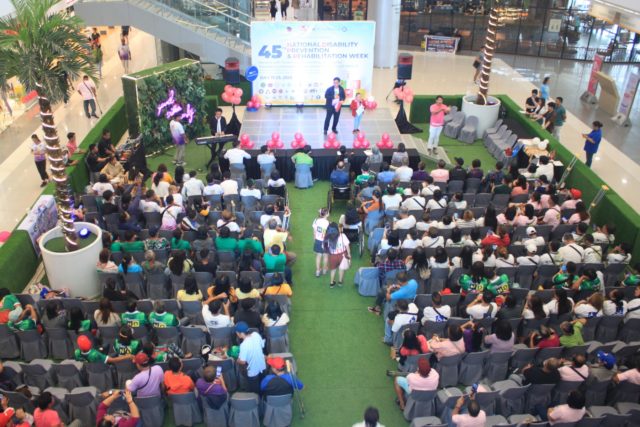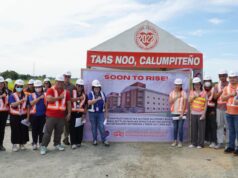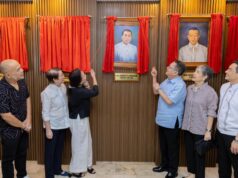
The Central Luzon Federation of Persons with Disabilities (CLFPWD), in coordination with the Regional Committee on Disability Affairs, is again calling out the public to deepen their consciousness and sensitivity to the rights of Persons with Disabilities (PWDs).
In fact, every year in July, the country is celebrating the National Disability Prevention and Rehabilitation (NDPR) Week to stimulate public awareness on disability problems and concerns particularly issues on disability prevention, rehabilitation, and equalization of opportunities for PWDs.
During the 45th NDPR Week held recently, the CLFPWD reiterates the principle of shared responsibility among various stakeholders to sustain the recognition and promotion of PWDs’ rights to ensure that no one is left behind.

This shared responsibility is embodied in different laws such as Republic Act 7277 or the Magna Carta for Disabled Person, and Batas Pambansa 344 or the Accessibility Law. However, despite these constitutional guarantees, the continuing battle of PWDs over their rights remains to be a primary threat to their welfare, and thus hinders their productivity in their respective communities.
In the Philippines, many PWDs still decry incidence of discrimination and stereotyping, preventing them to attain a genuine inclusive growth for them.
Mary Ann Zamora, CLFPWD President, said that when it comes to accessibility, it does not only mean ramps and designated parking spaces for PWDs, nor about the discounts and privileges accorded to their sector.
“This is about access to government programs, and access to education. In Region 3, the Regional Gender and Development Committee filed a resolution to enjoin higher education institutions within Central Luzon to conduct studies on the education for those who are hard of hearing. That is because we want as many PWDs to have affordable access to education,” she said.

Aside from education, many PWDs in Central Luzon are still appealing to the government for equal and increased livelihood opportunities so that they can provide for themselves and their families, especially those who are breadwinners.
To do this, Benjamin Herrera, PWD Office staff of Mabalacat City, said there is a need to focus more government initiatives on the issue of equality, especially for PWDs, so that no one will really be left behind.
“There is a need for more people to have deeper awareness of the different laws protecting PWDs so that they will also be aware of our needs,” he said.
For her part, an ally to the PWD sector said the community should be involved in the fight to end stigma against PWDs by establishing and supporting programs for them, and intensifying their awareness on the different types of disabilities because there are disabilities that are not visible to the eyes like mental disability.
The good news though is that the National Council on Disability Affairs and the Department of Social Welfare and Development, in collaboration and coordination with various sectors, are making great efforts to further advocate the rights and welfare of PWDs, to make them feel that they are not different from most people, and that they share equal rights with those outside their sector.
One milestone effort is that nowadays, there is an increase in Persons with Disabilities Affairs Office with permanent positions in Central Luzon.
“Since this is now included in the criteria of the Seal of Good Local Governance and many local governments are passing, we can say that the condition of PWDs is improving. There is also an increase in PWD-friendly establishments now. I just hope that these initiatives will spread even more in Region 3,” Zamora said.
The PWD champion also hopes that enforcement of PWD-related laws will be stricter not only among national government agencies, but also among local government units.
“We want to have a paradigm shift and eradicate the dole-out system. While it is good to receive aid from the government, we also want our fellow PWDs to be empowered. Not only in terms of skills development but also through formal education so that they will have a bright future. We want them to learn how to assert and fight for their rights,” she said.
Meanwhile, Philippine Information Agency Regional Director William Beltran said respect is crucial to foster inclusivity and accessibility for PWDs because this will enable the public to look at PWDs not based on their disabilities, but based on their own unique abilities and capacities.
“To our PWDs, my message is for you to accept and be proud of yourselves and your unique capabilities. Not everyone is given the chance to be an inspiration to others. Use your opportunity to inspire others wisely. If people see that you take pride in what you do, this will create a ripple effect of positivity and acceptance in the community,” he said. (CLJD/MJSC-PIA 3)




